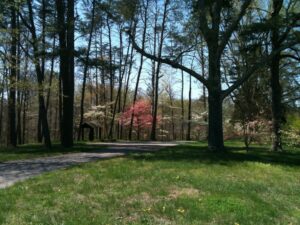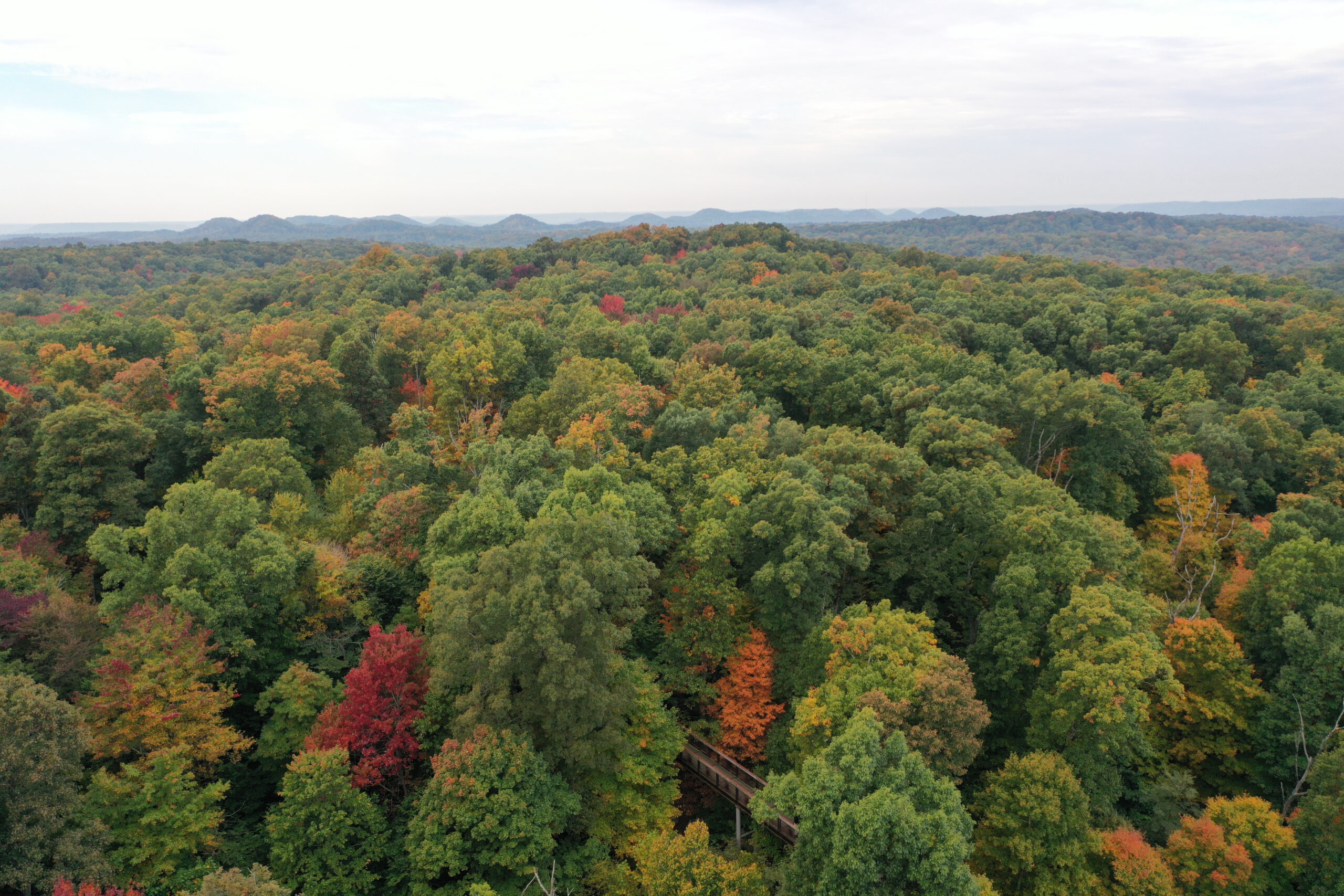“There is something infinitely healing in the repeated refrains of nature – the assurance that dawn comes after night, and spring after winter. Those who dwell among the beauties and mysteries of the earth are never alone or weary of life.”
—Rachel Carson
 May is Mental Health Month, an opportune time for us to check in with ourselves and the ones we care about, and look for ways to recharge our mental health. There are many worthwhile avenues to take to lift our spirits out of anxiety, depression or grief. For some people that might be cooking, knitting, painting something beautiful, practicing an instrument — or spending time in nature.
May is Mental Health Month, an opportune time for us to check in with ourselves and the ones we care about, and look for ways to recharge our mental health. There are many worthwhile avenues to take to lift our spirits out of anxiety, depression or grief. For some people that might be cooking, knitting, painting something beautiful, practicing an instrument — or spending time in nature.
Why can our mental health be boosted by nature? For practically as long as we have had cities, we have had an understanding — even if just an intuitive one – that time spent in nature is an important respite from all the noise. The ancient Greeks had their Asclepian temples where people would spend long periods of time in nature to recover from illness. Healing in nature was a consistent belief in 19th century Europe, too, with countless patients taking in mountain air or mineral waters to cure their ills. There’s a reason that throughout history people have made gardens in places that wouldn’t seem possible — Japanese-American internment camps, Palestinian refugee camps, World War trenches. We need that beauty and serenity — whether completely natural or human-made — to restore our sense of balance and wellness.

We have long believed that being in nature makes us feel better physically and mentally – but there’s also science to support that. A 1984 landmark study by researcher Roger Ulrich demonstrated that patients recover faster in hospital if they have access to nature, even if it’s just a view out of a window. The UK-based Center for Mental Health notes in a recent research paper that “Our relationship with nature is a critical factor in supporting good mental health and preventing distress. Nature is an important need for many and vital in keeping us emotionally, psychologically and physically healthy.”
The American Psychological Association concurs, stating that “exposure to nature has been linked to a host of benefits, including improved attention, lower stress, better mood, reduced risk of psychiatric disorders and even upticks in empathy and cooperation.”
Experiencing nature as a side effect-free wellness tonic can take many forms. Complete immersion in a forest, a mountain slope, an ocean beach or other wild landscape is magical, but unfortunately not available to everyone every day. The good news is that nature meets you where you are and accepts you for who you are. An encounter with nature can also mean meditating with eyes closed on the sounds of the birds outside your window, taking a stroll in your neighborhood park with a friend, spending some happy moments working in your garden — or just caring for your potted plants! On behalf of everyone at Bernheim, I hope you’ll make a new effort this month to get a daily dose of nature. Come out to Bernheim. Find yourself in the forest. And then take what the forest gives you back home with you. Your mind and body will thank you!

